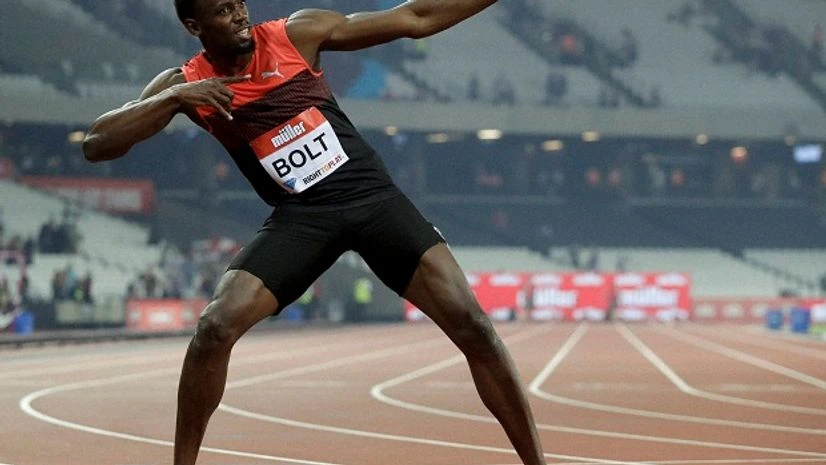The battle to be crowned world's fastest man takes centre stage at the Rio Olympics on Sunday with Usain Bolt facing another showdown with Justin Gatlin where the image of athletics on the line.
Twelve months ago, when Bolt vanquished Gatlin in the World Championship 100m final, many suggested the Jamaican sprint king had "saved" his sport from a bruising reputational body blow.
The prospect of 2004 Olympic champion Gatlin — twice found guilty of doping during his career — was too much to stomach for many in athletics.
More From This Section
In the 12 months since, athletics has been left reeling by a corruption scandal involving top-level administrators and revelations over Russian doping that plunged the sport into the worst crisis in its history.
It means that Sunday's 100m final at Rio de Janeiro's Olympic Stadium, set for 10.25pm local time will inevitably once more be framed as a battle of "good versus evil" — Bolt vs Gatlin.
In a global audience of hundreds of millions, many fans, including International Association of Athletics Federations chief Sebastian Coe, may be tempted to watch through their fingers.
Gatlin, 34, wearily rejects a narrative he sees as unfair, adamant that his story is far more nuanced than the bald, oft-applied label — "two-time dope cheat" — implies.
His first doping suspension in 2001 arose from the use of a drug to treat attention deficit disorder that he had been prescribed since childhood.
Read our full coverage on the 2016 Rio Olympics
The US panel hearing that case found he "was certainly not a doper."
A second positive in 2006 — for excessive levels of testosterone — was more problematical.
Gatlin blamed the results on sabotage by a therapist but was banned for eight years, later reduced to four on appeal.
"It's hurtful, it's hurtful to be looked at as a villain because that's not how I portray myself, that's not how my son portrays me or my family," said Gatlin, who booked his ticket to Rio with the fastest 100m time in the world this year last month, 9.80sec.

)
